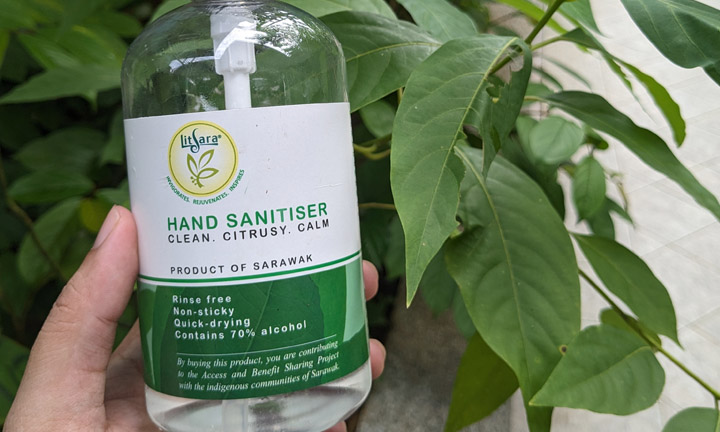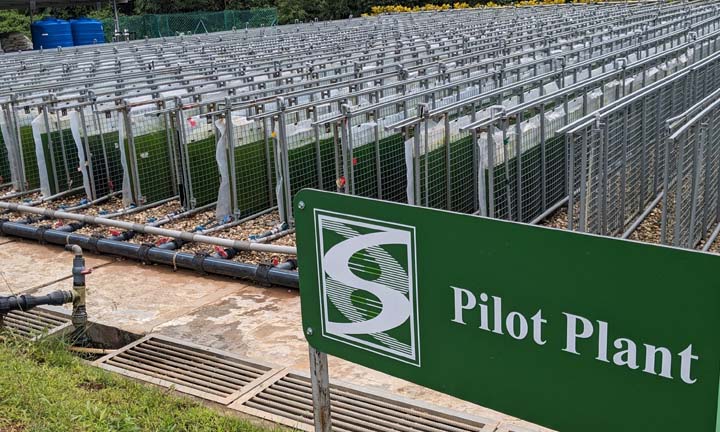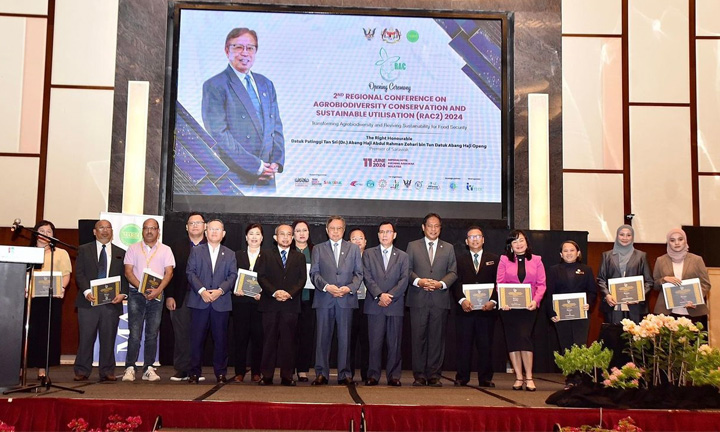The 2nd Regional Conference on Agrobiodiversity Conservation and Sustainable Utilization (RAC2) was held on 11-13 June 2024 in Kuching, Malaysia, organized by the Malaysian Agricultural Research and Development Institute (MARDI) with the Ministry of Agriculture and Food Security (MAFS) and the Sarawak Government.
The International Tropical Fruits Network (TFNet) was among the co-organizers, together with the Department of Fisheries Malaysia, Forest Research Institute Malaysia (FRIM), Department of Agriculture Sarawak, Malaysian Pepper Board, Sarawak Tropical Peat Research Institute, and the Alliance of Bioversity International and CIAT.
A total of 185 participants including government agencies, policy makers, development agents, researchers, entrepreneurs, academics, students, farm managers, and the private sector participated in the conference.
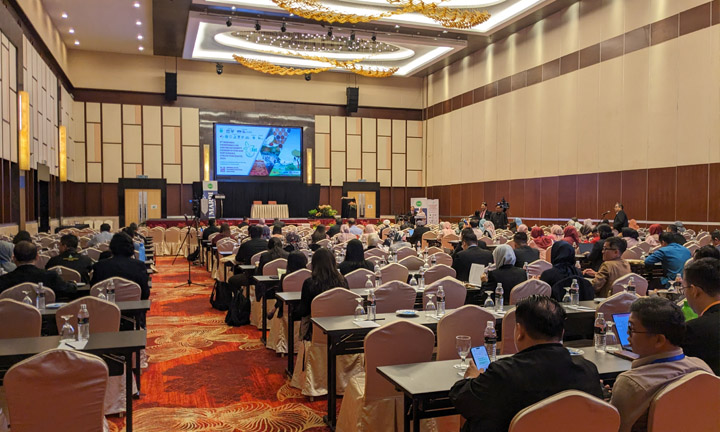
Strength in diversity
Agriculture biological diversity or agrobiodiversity is the variety and variability of plants, animals, and micro-organisms that interact in food and agriculture production, such as crops, livestock, forestry, and fisheries. It is the result of the interactions between the environment, genetic resources, and people.
Maintaining agrobiodiversity has the potential to address major global challenges including climate change, food security, and sustainable agriculture.
Its maintenance also leads to increase in productivity, diversification of food systems, livelihoods and related products, enhancing ecosystem resilience, reducing dependency on agricultural inputs, and conserving the health of agricultural systems and the environment.
“I believe that this gathering of experts will provide useful knowledge in agrobiodiversity conservation and utilization for our nation’s food security,” said Dr. Tan Sri Abang Johari Openg, Premier of Sarawak during his opening speech.
He added that effective studies and policies are necessary to achieve conservation and proper utilization of biodiversity resources.
Other VIPs present during the opening ceremony were MARDI Chairman Dr. Azman Ismail, M-FICORD Minister Dr. Stephen Rundi Utom, former Minister Dr. Ismail bin Abdul Rahman, and Assemblyman Maclaine Ben.
Community biodiversity management
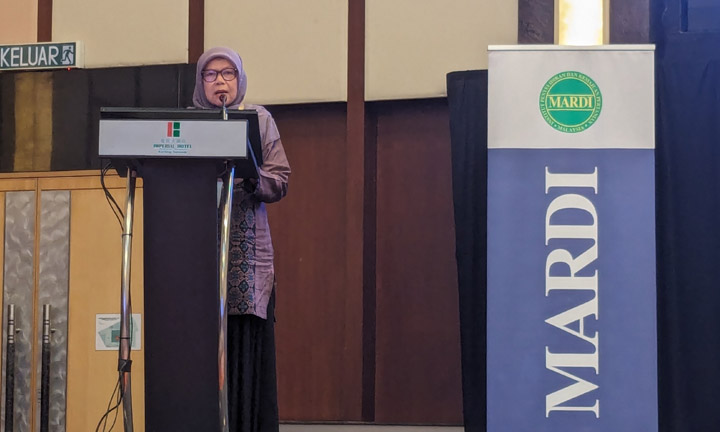
TFNet expert, Dr. Ellina Mansyah from the Indonesian National Research and Innovation Agency (BRIN) presented the success story in community biodiversity management (CBM) to conserve and sustainably use Garcinia species in West Sumatera.
Like most underutilized fruits, Garcinia species are not well maintained and are in danger of extinction due to the rapid destruction of habitat from agricultural expansion, conversion of land to settlements, and uncontrolled exploitation.
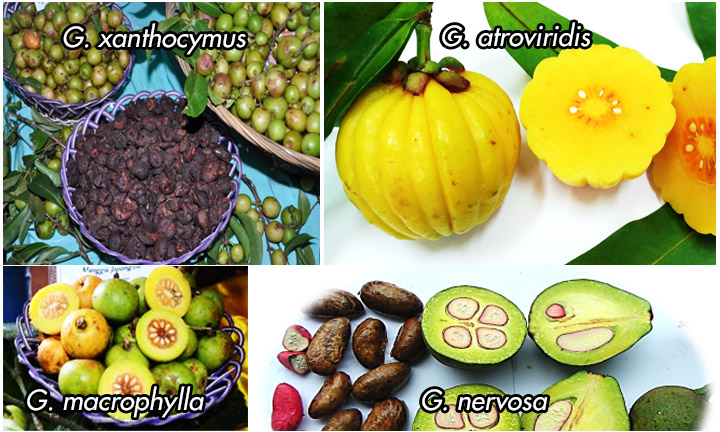
Out of the 77 Garcinia species in Indonesia, only a few are cultivated such as mangosteen (G. mangostana L.), and asam gelugur (G. atroviridis). Other notable species such as G. xanthocymus, G. macrophylla, and G. nervosa can be developed into functional foods because of their high nutrient and phytonutrient content.
Through community participation, the management of Garcinia genetic resources is more attainable and sustainable. Activities implemented include creating farmers’ information databases, promotion of Garcinia products in diversity fairs, farmer group trainings in conservation, nursery development, seedling distribution and planting, and linking farmers to markets.
The support of the local and central government is very important in the success of this program as well as collaboration with research institutions and universities.

Agrobiovidersity in action
Participants visited the Sarawak Biodiversity Center (SBC), which implements programmes for the sustainable development of biodiversity in the state. The center documents traditional utilization practices of genetic resources by indigenous communities, initiates biotechnology focused research and product development, and commercialization of products.
